-
DNA data storage for biomedical images using HELIX
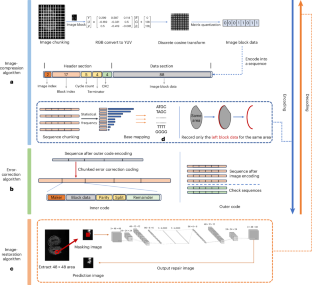
Abstract Deoxyribonucleic acid (DNA) data storage is expected to become a key medium for large-scale data. Biomedical data images typically require substantial storage space over extended periods, making them ideal candidates for DNA data storage. However, existing DNA data storage models are primarily designed for generic files and lack a comprehensive retrieval system for biomedical…
-
Inspiring scientific wonder, curiosity and critical thinking in young minds: an interview with Audrey Dussutour
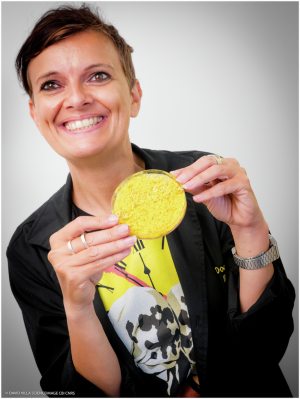
Audrey Dussutour is a Research Director at the National Center for Scientific Research (Toulouse, France), specializing in the adaptive behaviors of ants and slime molds. She has authored over 70 scientific papers and four award-winning science books. Dr. Dussutour has led two influential citizen science projects: “Raise Your Blob”, engaging 350,000 students, and “Behind the Blob”,…
-
Quantum CZ gates on a single gradient metasurface

Abstract For the requirement of quantum photonic integration in on-chip quantum information, we propose a scheme to realize quantum controlled-Z (CZ) gates through single gradient metasurface. Using its parallel beam-splitting feature, i.e., a series of connected beamsplitters with the same splitting ratio, one metasurface can support a polarization encoding CZ gate or path encoding CZ…
-
The pointillistic city and geographic scale in urban science

Abstract Cities can be organized into properties, streets, ‘neighborhoods’ and more, posing a challenge for urban science. The pointillistic perspective on cities integrates multiple geographic scales in theory, research and policy by emphasizing the distinct processes that operate at each scale and their interactions. My goal is partially to rectify an overreliance on neighborhoods, revealing…
-
Advanced vibrational microscopes for life science

Abstract Providing molecular fingerprint information, vibrational spectroscopic imaging opens a new window to decipher the function of biomolecules in living systems. While classic vibrational microscopes based on spontaneous Raman scattering or mid-infrared absorption offer rich insights into sample composition, they have very small cross sections or poor spatial resolution. Nonlinear vibrational microscopy, based on coherent…
-
Control and enhancement of optical nonlinearities in plasmonic semiconductor nanostructures
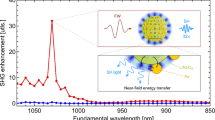
Abstract The efficiency of nanoscale nonlinear elements in photonic integrated circuits is hindered by the physical limits to the nonlinear optical response of dielectrics, which cannot be engineered as it is a fundamental material property. Here, we experimentally demonstrate that ultrafast optical nonlinearities in doped semiconductors can be engineered and can easily exceed those of…
-
Dynamic infrared aurora on Jupiter
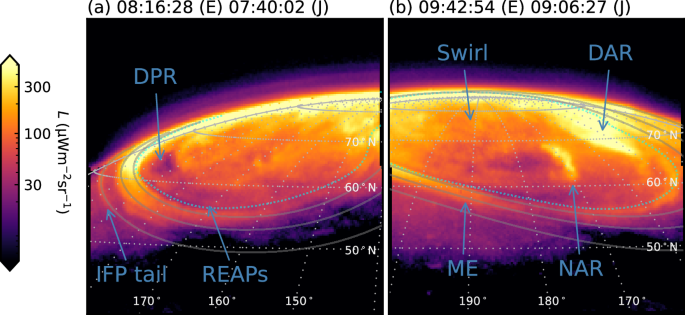
Abstract Auroral emissions are an important diagnostic for a planet’s magnetosphere and upper atmosphere. At the outer planets, the characteristics of emission from the triatomic hydrogen ion ({{rm{H}}}_{3}^{+}) are key to understanding the auroral energy budget. We present James Webb Space Telescope observations of Jupiter’s infrared auroral ({{rm{H}}}_{3}^{+}) emission, exhibiting variability on timescales down to…
-
A new education agenda based on The International Science and Evidence Based Education Assessment
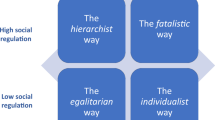
Abstract The International Science and Evidence Based Education Assessment examined whether current education systems develop each person’s full potential (aligned with the UN Declaration of Human Rights) and contribute to Sustainable Development Goal 4. Embracing a multidisciplinary approach, nearly 300 scientists from 45 countries conducted the assessment, calling for a shift in education’s focus from…
-
Large Hadron Collider Physicists Turn Lead into Gold—For a Fraction of a Second
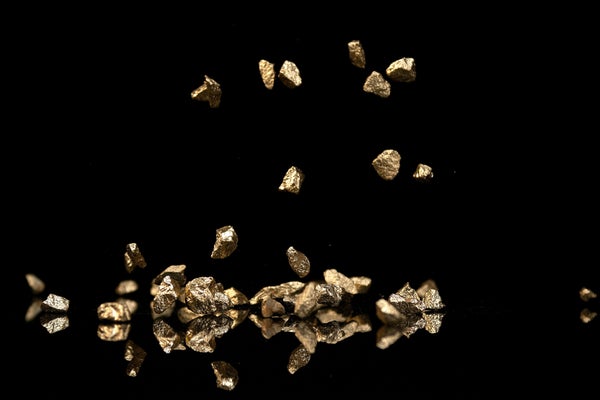
May 9, 2025 2 min read Scientists at Europe’s famous particle collider briefly created gold ions from lead in a modern twist on the alchemical goal By Elizabeth Gibney & Nature magazine LHC experiments don’t create large gold nuggets — but some particles within a beam of lead ions can turn into gold for about…
-
Tranquil gardens, science exhibits connect students with nature

Among butterflies and under shady trees, students and faculty explored and discovered the Kirsch Center and Cheeseman Environmental Study Area during the center’s first Earth Day event on April 29. Throughout the area, six stations were spaced out with activities ranging from educational science exhibits, hands-on eco-experiments, themed games and plant dissections. Mesh butterfly habitats sprawled across various…